Cell Free Dna Down Syndrome
Cell free dna down syndrome. At the recent American College of Medical Genetics. The newest form of prenatal testing for Down syndrome is regularly referred to as testing cell free fetal DNA. Cell-free DNA affords excellent detection of fetal Down syndrome and other common aneuploidies and thus is sought by patients and providers.
When testing cell free fetal DNA for Down syndrome isnt. The budget impact analysis in the journal Cost Effectiveness and Resource Allocation noted that although NIPT using cell-free fetal DNA in maternal plasma is a highly accurate test for prenatal screening for Down syndrome and has been reported to be cost-effective when used as a contingent test evidence is lacking about its budget impact. A noninvasive prenatal test detects cell free fragments of fetal DNA from the placenta circulating in maternal blood that coexist with cell-free DNA cfDNA of maternal origin.
Several large studies have confirmed that these cell-free DNA or cfDNA tests have a detection rate of 99 percent for Down syndrome with a false. Using next-generation sequencing the noninvasive prenatal test compares maternal and fetal cfDNA ratios for chromosomes of interest ie 21 18 13 X and Y to. It may be used to identify other rare conditions resulting from an extra.
Comment on N Engl J Med. The first 100 words appear below. 1From the UCL Institute of Child Health and the Great Ormond Street Hospital for Children NHS Foundation Trust - both in London.
Use of cell-free DNA to screen for Downs syndrome. Noninvasive prenatal testing NIPT using cell-free fetal DNA cffDNA circulating in maternal blood is a highly accurate screening test for Down syndrome DS and two other common aneuploidies namely Trisomy 18 T18 and Trisomy 13 T13 both in high risk and in general populations of pregnant women 1 2Its detection rates DR are around 99 for DS 97 for T18 and T13. Cell-free DNA testing is a very good screening test to detect common chromosomal disorders but it has limitations.
A noninvasive prenatal test detects cell free fragments of fetal DNA from the placenta circulating in maternal blood that coexist with cell-free DNA cfDNA of maternal origin. Standard prenatal screening for. Cell-free DNA is a new lab test offered during pregnancy that is used to screen for Down syndrome.
This article has no abstract. Cell-free DNA screening is a test that can determine if a woman has a higher chance of having a fetus with Down syndrome trisomy 21 trisomy 18 trisomy 13 or an abnormality in the sex chromosomes X and Y chromosomes.
This test is also called NIPT which stands for non-invasive prenatal test because it involves simply taking a sample of blood from the moms vein rather than inserting a.
This article has no abstract. The cell-free fetal DNA cffDNA test is a relatively new test that may be used to assess the risk of a pregnant womans developing baby fetus having a chromosome disorder such as Down syndrome trisomy 21 Edwards syndrome trisomy 18 or Patau syndrome trisomy 13. When testing cell free fetal DNA for Down syndrome isnt. 1From the UCL Institute of Child Health and the Great Ormond Street Hospital for Children NHS Foundation Trust - both in London. Comment on N Engl J Med. Amniocentesis is the most frequently used invasive diagnosis procedure characterized by 998 diagnostic efficiency and less than 1 risk of miscarriage. A noninvasive prenatal test detects cell free fragments of fetal DNA from the placenta circulating in maternal blood that coexist with cell-free DNA cfDNA of maternal origin. Non-invasive cell-free fetal DNA genetic tests are expensive whereas biochemical methods remain imprecise. A negative result does not rule out the possibility of having a baby with a chromosomal disorder or other disorders that the cell-free DNA test does not test for.
Cell-free DNA affords excellent detection of fetal Down syndrome and other common aneuploidies and thus is sought by patients and providers. Cell-free DNA is a new lab test offered during pregnancy that is used to screen for Down syndrome. The budget impact analysis in the journal Cost Effectiveness and Resource Allocation noted that although NIPT using cell-free fetal DNA in maternal plasma is a highly accurate test for prenatal screening for Down syndrome and has been reported to be cost-effective when used as a contingent test evidence is lacking about its budget impact. Abstract Prenatal aneuploidy screening changed significantly in 2012 when cell-free fetal deoxyribonucleic acid DNA was introduced as a noninvasive prenatal test. With this test a sample of the womans blood is taken after 10 weeks of pregnancy. At the recent American College of Medical Genetics. Several large studies have confirmed that these cell-free DNA or cfDNA tests have a detection rate of 99 percent for Down syndrome with a false.


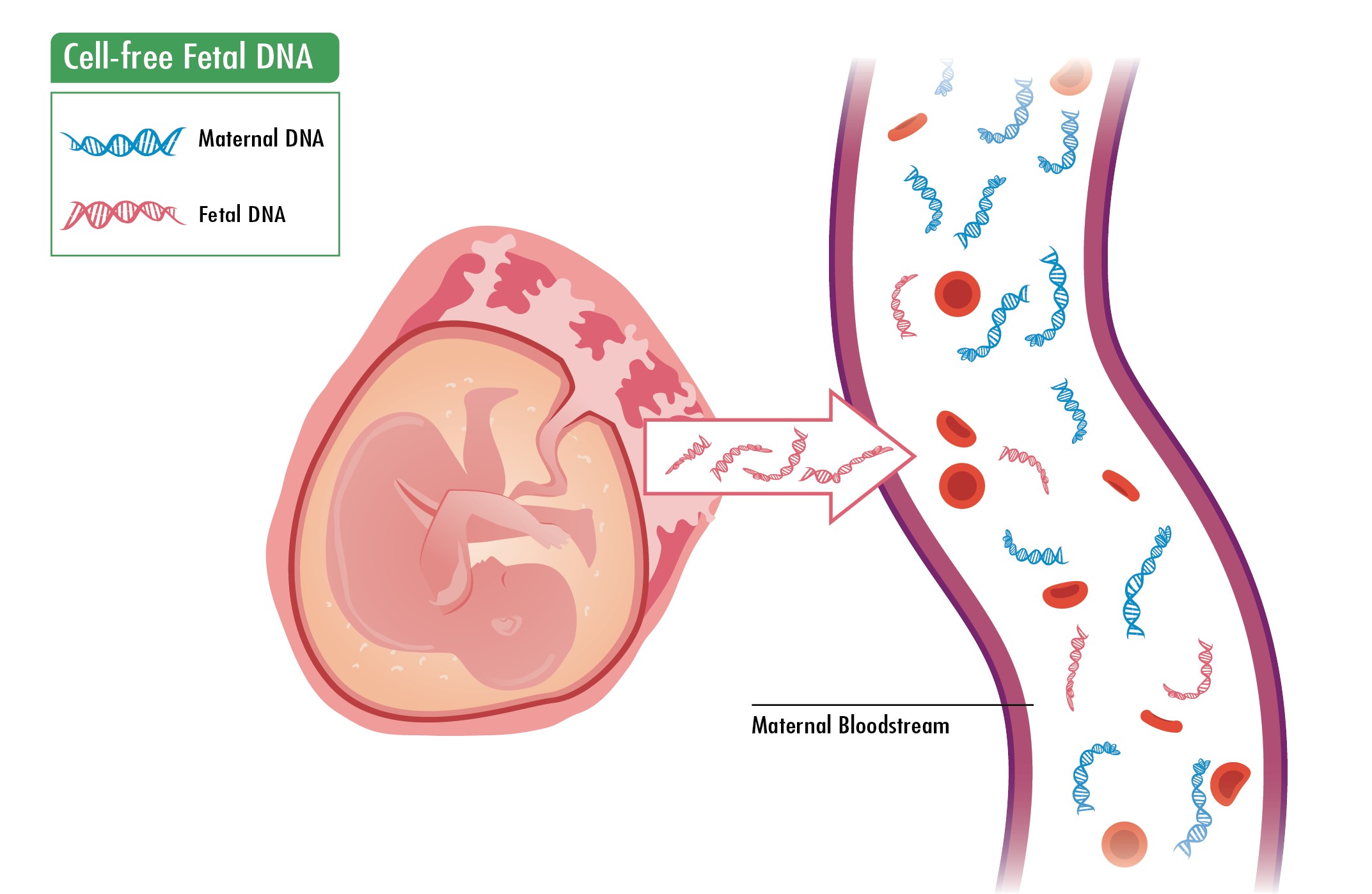




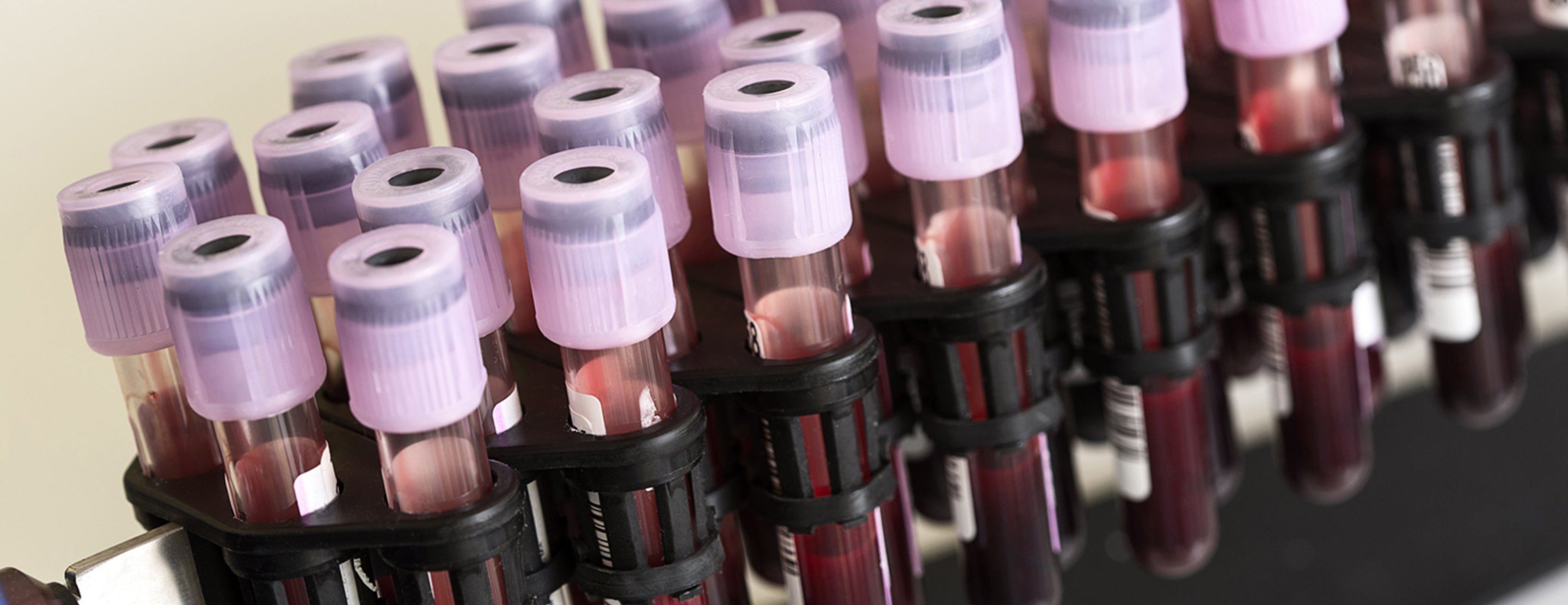
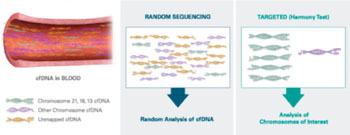
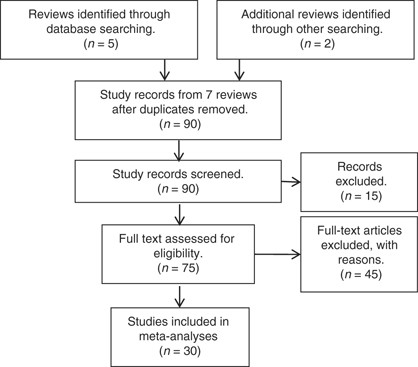


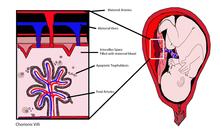




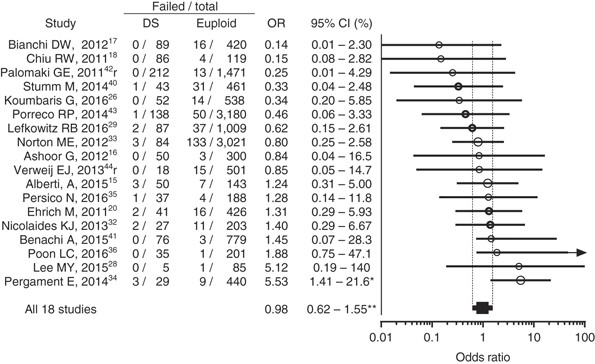


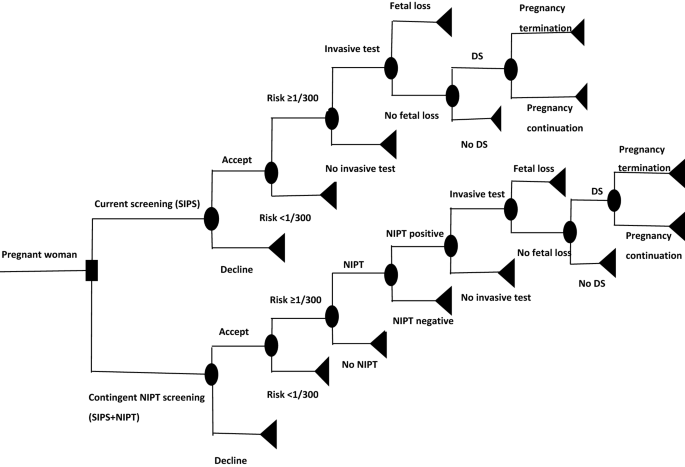
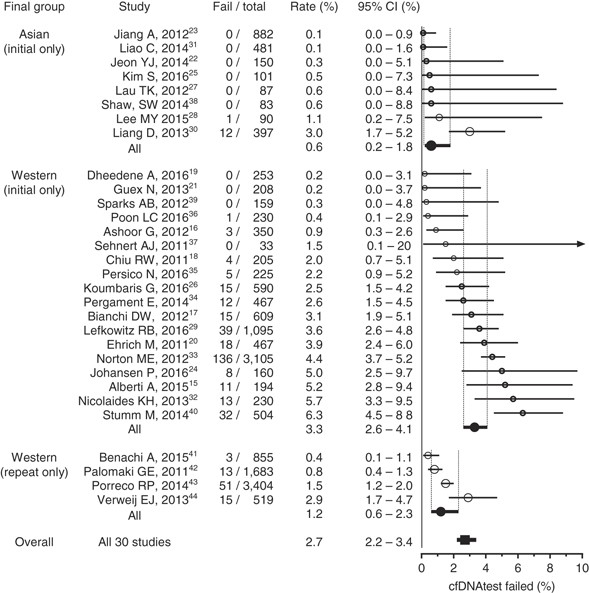
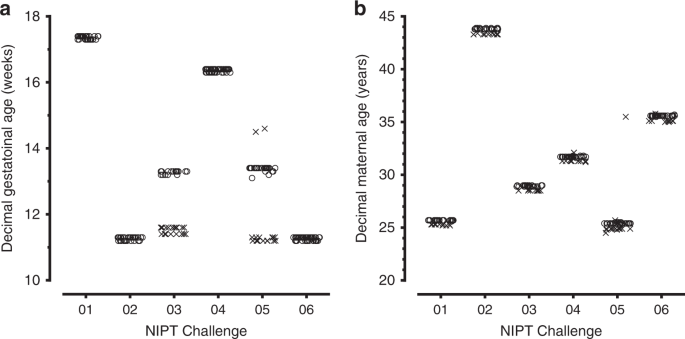

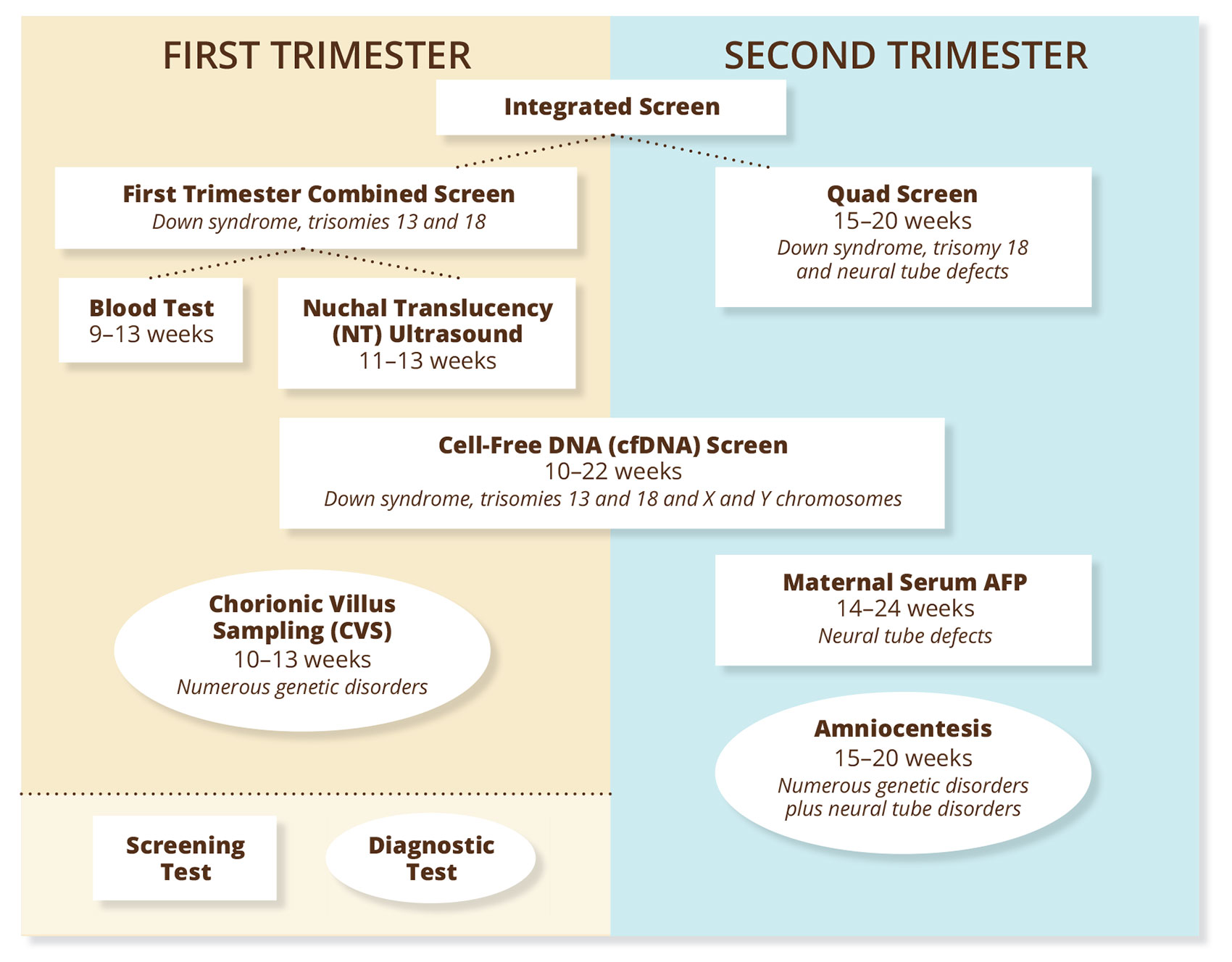









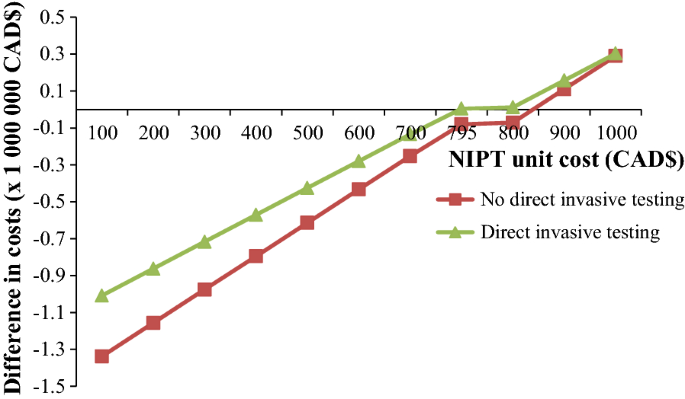
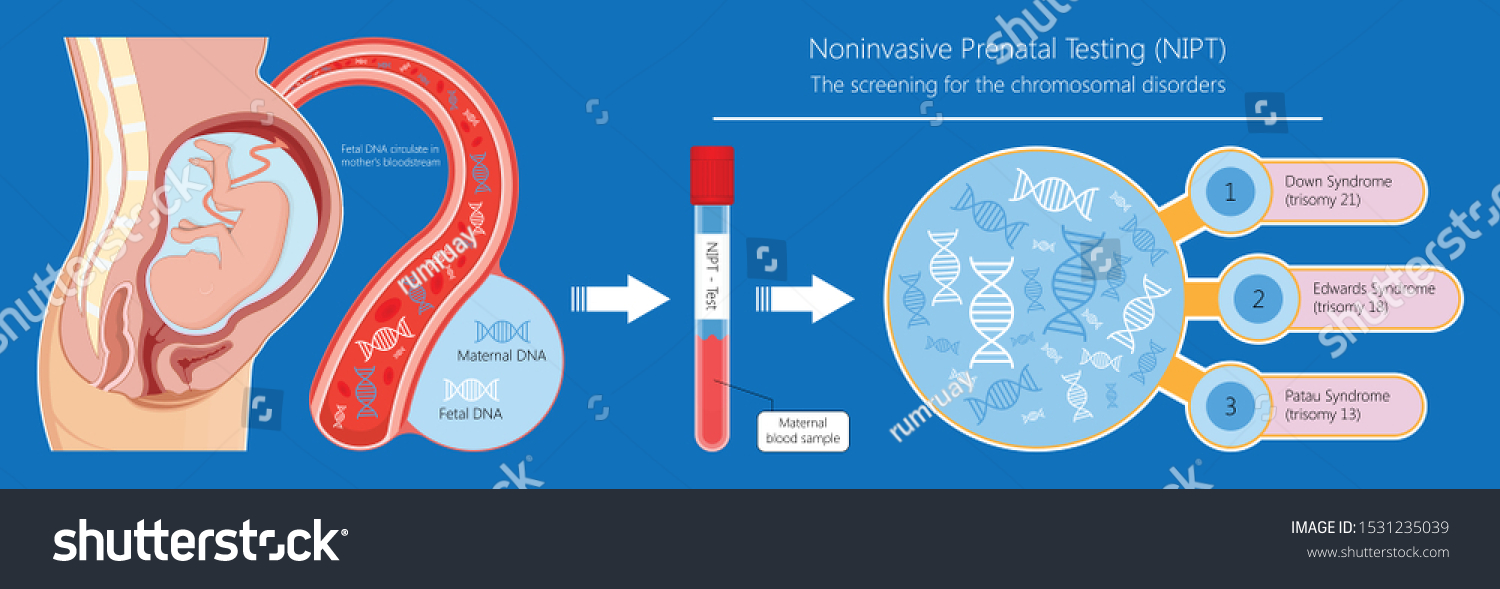
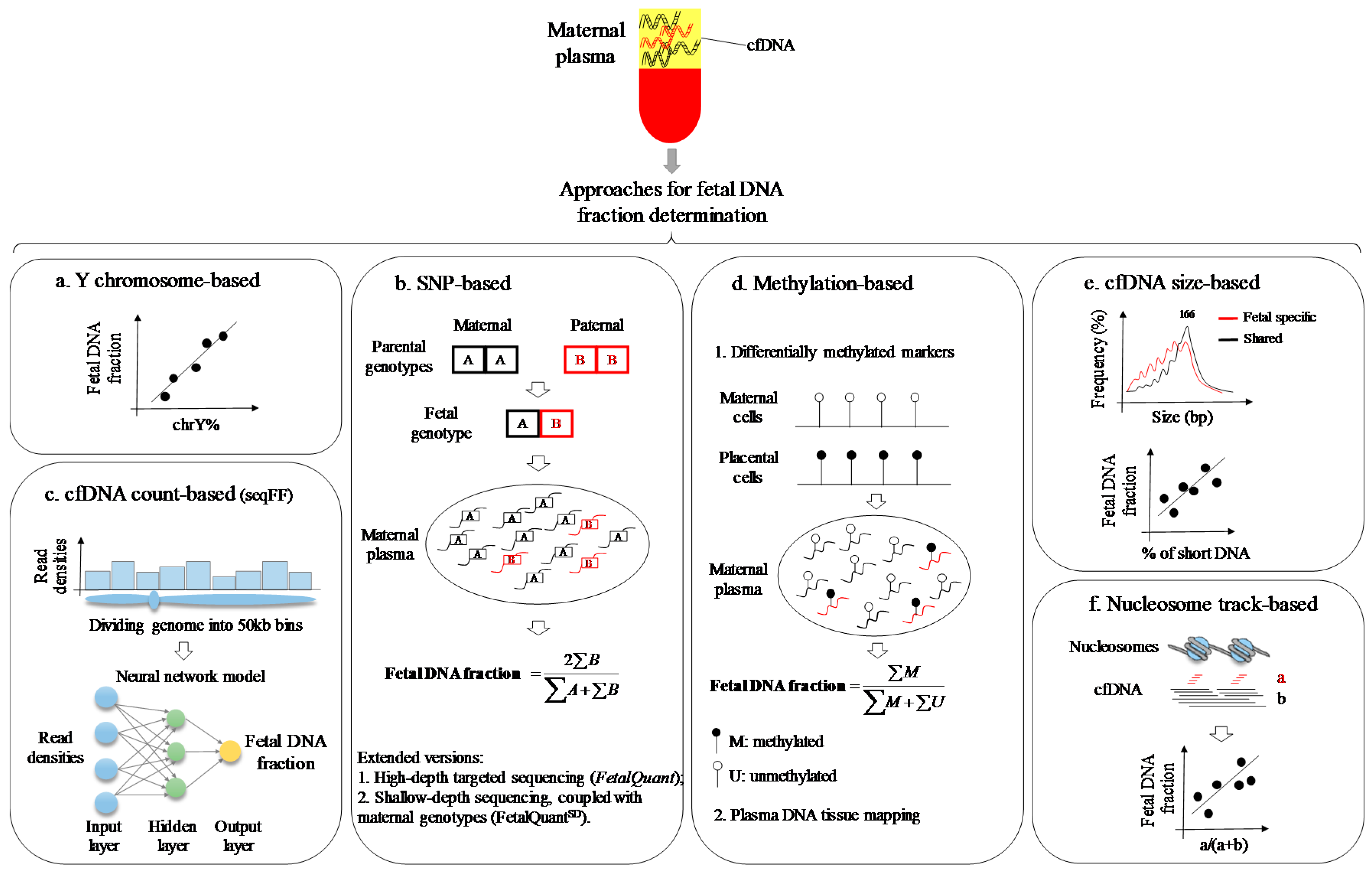




/down-syndrome-diagnosis-5b48ed9e46e0fb005b58a411.png)
Posting Komentar untuk "Cell Free Dna Down Syndrome"